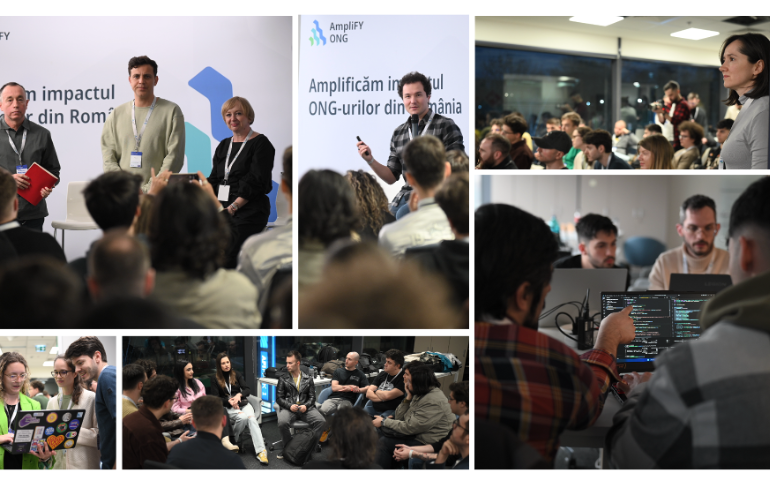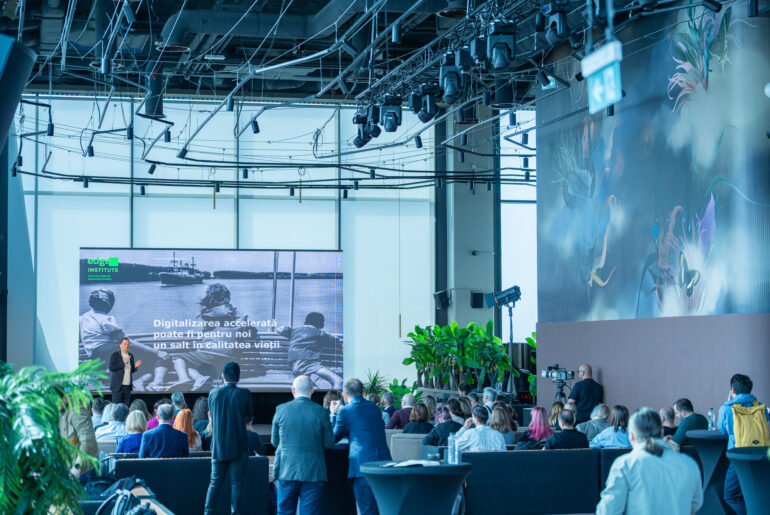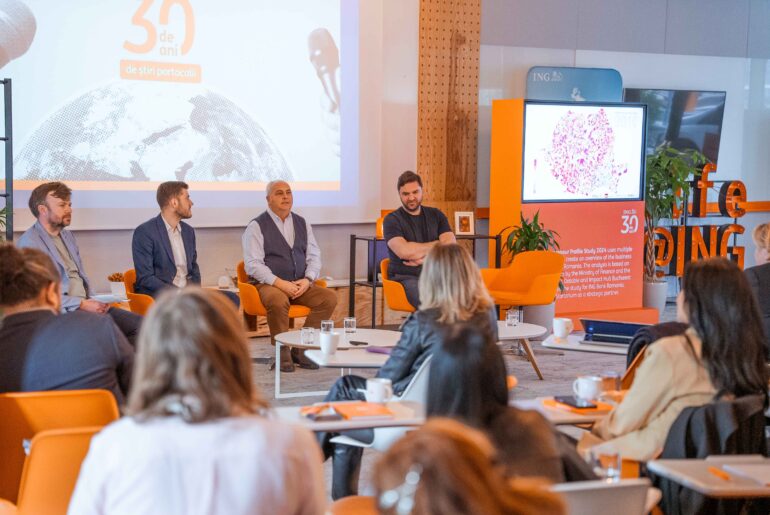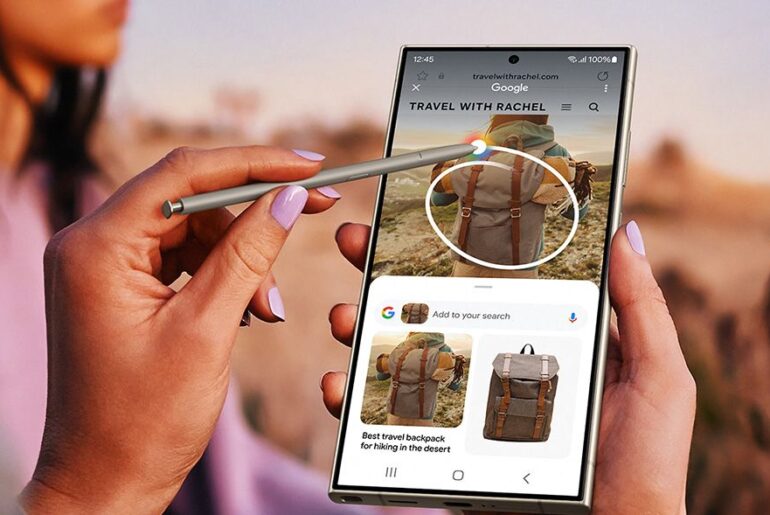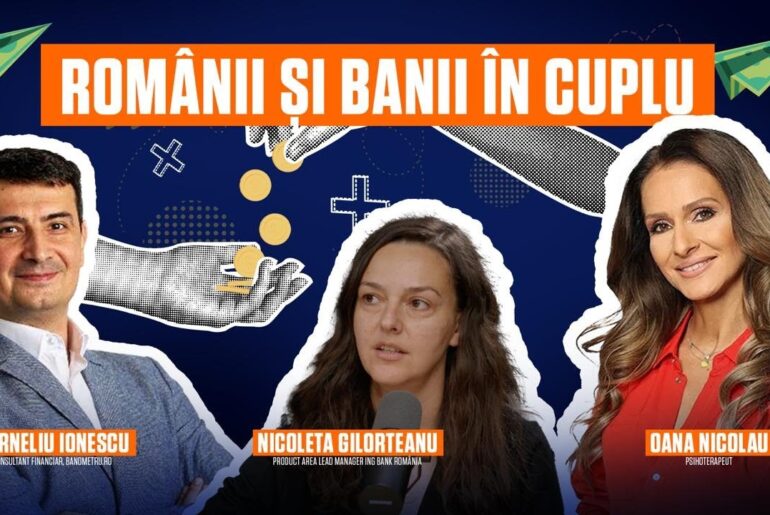Technology and efficient use of data can help us implement a correct political communication strategy and get the right message to the right audience.
This year, iCEE.fest has prepared a new line of content – Upgrade Democracy – bringing together experts in political communication to show how digital technology transforms organizations, institutions, andpolitics.
This is a hot topic, especially after the famous “Cambridge Analytica” scandal, and an example of how data can be used in public communication ethically.
The scene of the event will host rethinking of democracy, the concept of propaganda, the regaining of confidence, and the terms and policy of personal data, plus many others.
- UPGRADE Democracy was born as an idea of MajoritasAcademy and is aimed at digital marketing specialists, governors, policy analysts, journalists and all citizens aspiring to a democratic society otherwise.
Democracy, in its various forms, has had to reinvent itself when technology has forever changed the future of political communication.
Access to information and open government radically altered the positioning of politicians towards their voters, who are gradually moving into online, becoming:
- More informed: I can follow closely every politician’s speech; therefore, I can see the changes in their messages
- More powerful: Access to information gives voters the power to change policy in real time, through the ideas and causes they support.
Innovative and efficient, on the one hand, technology has also brought many challenges that have blocked or at least disrupted the real dialogue between the public and the institutions, between politicians and their voters.
5 deadlock factors in political communication:
- The Filter Buble Concept (intellectual and informational isolation as a result of the actions of an online filtering and profiling algorithm)
- The Fake News phenomenon (contributes to intellectual and informational isolation; aggravating division and segregation in society)
- The erosion of public trust in institutions and politicians
- Increasing the anxiety of the citizens and the fear of the future
- Overloading citizens with information
How is it possible to overcome all the challenges and overcome these 5 blockage factors?
Here are a few of the speakers from Upgrade Democracy @ iCEE.fest 2018 (full list here) who have proposed to answer this question (and many others): Dan Kanninen (Analyst and political consultant, with a critical role in Presidents Obama’s election), Kyriakos Pierrakakis (Research director of diaNEOsis), Eric Schultz (Independent political consultant and former Ambassador of the United States of America to Zambia), George Birnbaum (Independent political consultant), Lucian Despoiu (Founder & CEO), Radu Puchiu (former Secretary of State in the Government’s Secretariat-General, State Councilor on IT & C Issues and Online Services), Vlad Hatieganu (Co-founder and Manager of Majoritas Insights), Dan Mercea (Senior Lecturer in Sociology at the University of London and Associate Editor of the journal Information, Communication & Society), Petrit Selimi (CEO Millennium Foundation Kosovo, Former Acting Foreign Minister and Deputy Minister of Foreign Affairs of Republic of Kosovo), Cristina Moise (Data Architect) și Bálint Porcsalmi (Political Consultant, UDMR Executive President).
Important themes that will be discussed on the track UPGRADE Democracy:
- facilitating the understanding of new transformations in digital political campaigns
- electoral campaigns and their implications
- public policy debate
- digital diplomacy and the Open Government concept
- civic actions and initiatives to modernize and update democracy.
Interactive Central and Eastern Europe Festival – briefly, iCEE.fest – will be held in Bucharest, featuring on its seven stages speakers from companies like Facebook, Google, The New York Times, Shazam, CNN or Netflix and will focus on the latest trends in digital and technology.
This year it will feature 9 main content lines – full agenda here – and nearly 200 representatives of large companies who will hold presentations and workshops, plus independent speakers and trainers from around the world.
For this line of content, there is a dedicated ticket that costs only 125 euros. Get it online, here.





